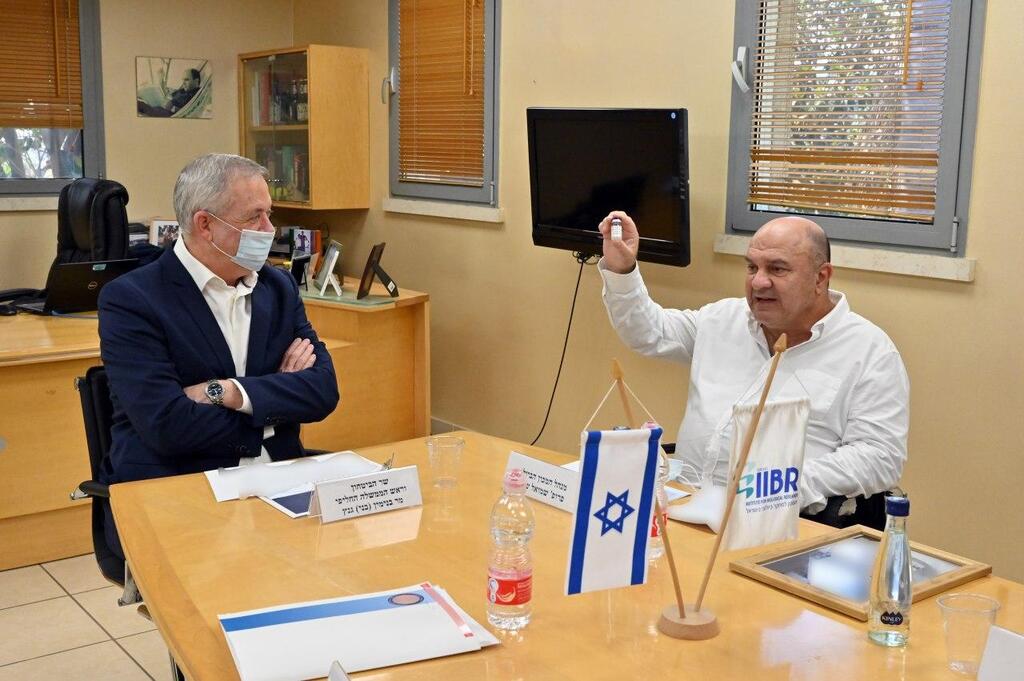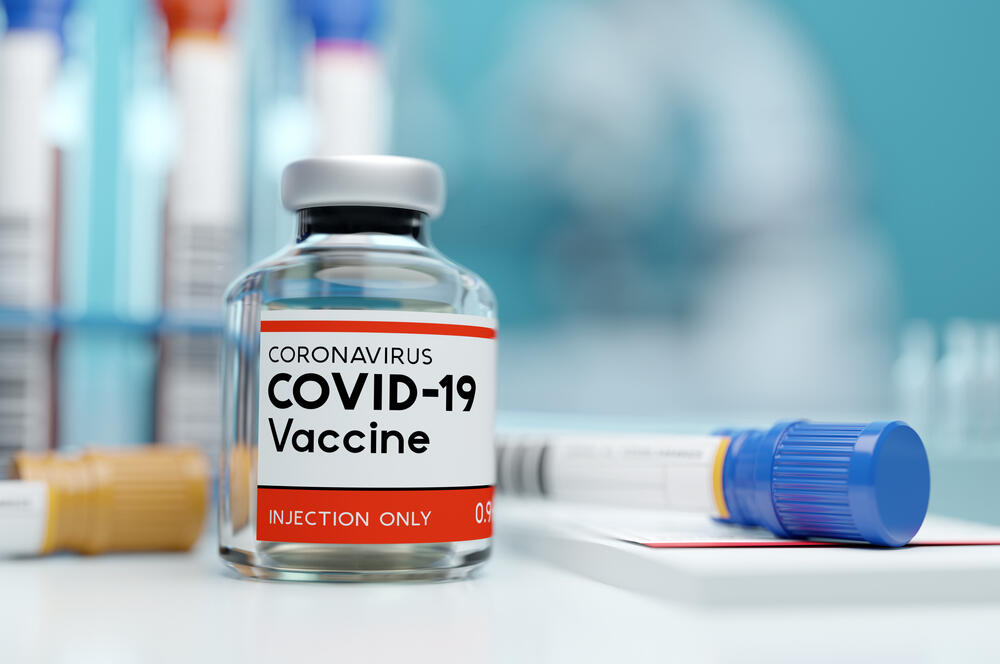Getting your Trinity Audio player ready...
Israel is expected to receive Moderna's coronavirus vaccine by mid-2021, according to the company's Israeli chief medical officer.
“We do not have a precise timetable yet. It will certainly be available in the first half of 2021. But anything more precise than that, we can’t say yet," Dr. Tal Zacks said.
"I am very optimistic about our test results, we could be vaccinating people against coronavirus as early as January," he added.
Last month, Moderna became the first medical company to publish blueprints of their coronavirus vaccine studies, helped by a U.S. federal grant to the tune of $2.5 billion.
In June, Israel announced it inked a contract with Moderna to purchase its vaccine candidate.
Moderna's candidate is an “mRNA vaccine,” an experimental platform that injects people with the genetic material necessary to grow the “spike protein” of SARS-CoV-2 inside their own cells, thus eliciting an immune response the body will remember when it encounters the real virus.
This effectively turns a person’s own body into a vaccine factory, avoiding the costly and difficult processes that more traditional vaccine production requires.
Zacks noted that some people had developed slight flu-like symptoms after receiving the second dose during test trials, but experts have seen no other symptoms as a result of the vaccination and that "the danger of coronavirus completely outweighs the risks."
Meanwhile, Israel's Institute for Biological Research has reported a significant advancement regarding its coronavirus vaccine candidate, raising the possibility it will be ready before Moderna's.
Dr. Amos Panet, a member of the advisory board on vaccines for the institute, said that the Israeli vaccine is at a "very advanced" stage.
"The clinical trials will take some time, but together with the Health Ministry and in cooperation with the hospitals, I estimate that it will progress quickly," he said.
"I am very optimistic and hope that in the next six months we’ll see a ‘blue and white’ vaccine," Panet added.
3 View gallery


Israel's Institute for Biological Research director Prof. Shmuel Shapira presenting Defense Minister Benny Gantz the institute's coronavirus vaccine candidate
(Photo: Defense Ministry)
He said that the Israeli vaccine, unlike Moderna’s, is based on previously tested vaccine models, including for Ebola, which have proven to be effective.
“If I had to bet my chips on some sort of vaccine, I would put it on the Institute for Biological Research and not Moderna’s,” Panet said.
The Health Ministry Thursday reported that 577 new coronavirus cases were diagnosed since midnight, putting Israel's caseload at 308,166.
The death toll since the start of the pandemic also rose to 2,319.
Out of the 17,869 patients currently battling the disease, 580 are in serious condition, with 227 connected to ventilators.
With 22,133 tests conducted by Thursday evening, the national infection rate stands at 2.6%.
i24NEWS contributed to this article



